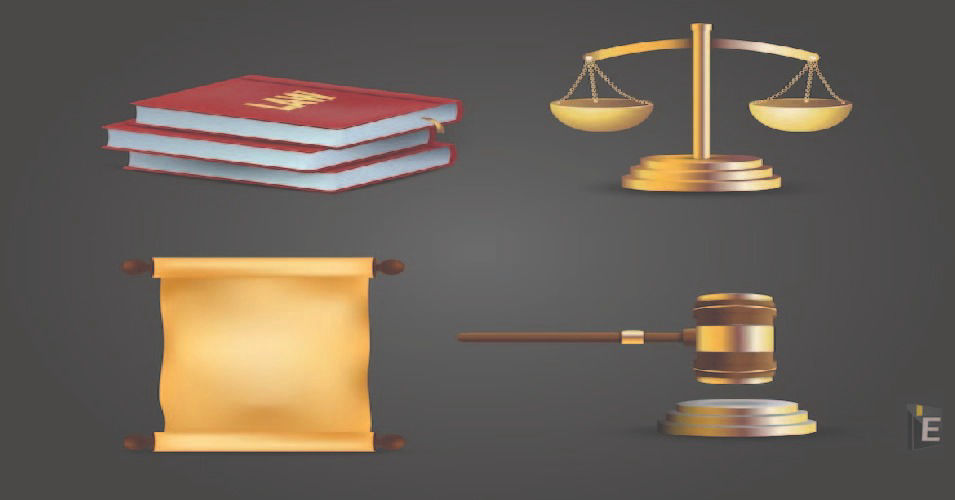GK Indian Constitution for Competitive Exams

Which Article of the Indian Constitution enshrines the Right against Exploitation?
(A) Article 23
(B) Article 21
(C) Article 25
(D) Article 22
Correct Answer : A
As per the Constitution of India, the President of India shall hold office for a term of ______ from the date on which he enters upon his office.
(A) four years
(B) six years
(C) three years
(D) five years
Correct Answer : D
Which Article of the Indian Constitution states that ‘The State shall endeavour to secure for the citizens a uniform civil code throughout the territory of India’?
(A) Article 40
(B) Article 42
(C) Article 46
(D) Article 44
Correct Answer : D
According to the Indian Constitution, the House of People shall consist of not more than ______ members to represent the Union territories.
(A) thirty
(B) twenty
(C) fifteen
(D) thirty-five
Correct Answer : B
Which article of Indian constitution deals with discrimination against any Indian citizen on various grounds?
(A) Article 11
(B) Article 19
(C) Article 13
(D) Article 15
Correct Answer : D
Explanation :
Article 15 of the Indian Constitution deals with the prohibition of discrimination against any citizen on grounds of religion, race, caste, sex or place of birth. It states that the State shall not discriminate against any citizen on grounds only of religion, race, caste, sex, or place of birth.
What was the number of members in the Drafting Committee of the Constituent Assembly?
(A) 5
(B) 7
(C) 9
(D) 11
Correct Answer : B
Explanation :
The Drafting Committee consisted of 7 members. It was set up on August 29, 1947. The committee was responsible for preparing the draft of the Indian Constitution.
Which of the following Articles of the Constitution of India deals with the duties and powers of the Comptroller and Auditor-General of India?
(A) Article 234
(B) Article 149
(C) Article 189
(D) Article 354
Correct Answer : B
Which Article of the Indian Constitution empowers a High Court to issue writs for the enforcement of the Fundamental Rights of the citizens?
(A) Article 226
(B) Article 242
(C) Article 230
(D) Article 235
Correct Answer : A
Explanation :
Article 226 of the Indian Constitution empowers High Courts in India to issue writs, including habeas corpus, mandamus, prohibition, quo warranto, and certiorari, for the enforcement of the fundamental rights of the citizens as well as for any other purpose. This article grants the High Courts the power to protect and enforce fundamental rights in their respective states.
How many organs of government are there according to the Indian Constitution?
(A) Two
(B) Four
(C) One
(D) Three
Correct Answer : D
In which part of the constitution is the welfare state's concept enshrined?
(A) In Directive Principles of State Policy
(B) Fundamental Rights
(C) Introduction
(D) All of these
Correct Answer : A
Explanation :
Part XVIII (Article 352-360) of the Constitution of India talks about the Emergency Provisions. In particular, Article 360 talks about the Financial Emergency. It is one of the three types of emergency provisions embedded in the Indian Constitution.



